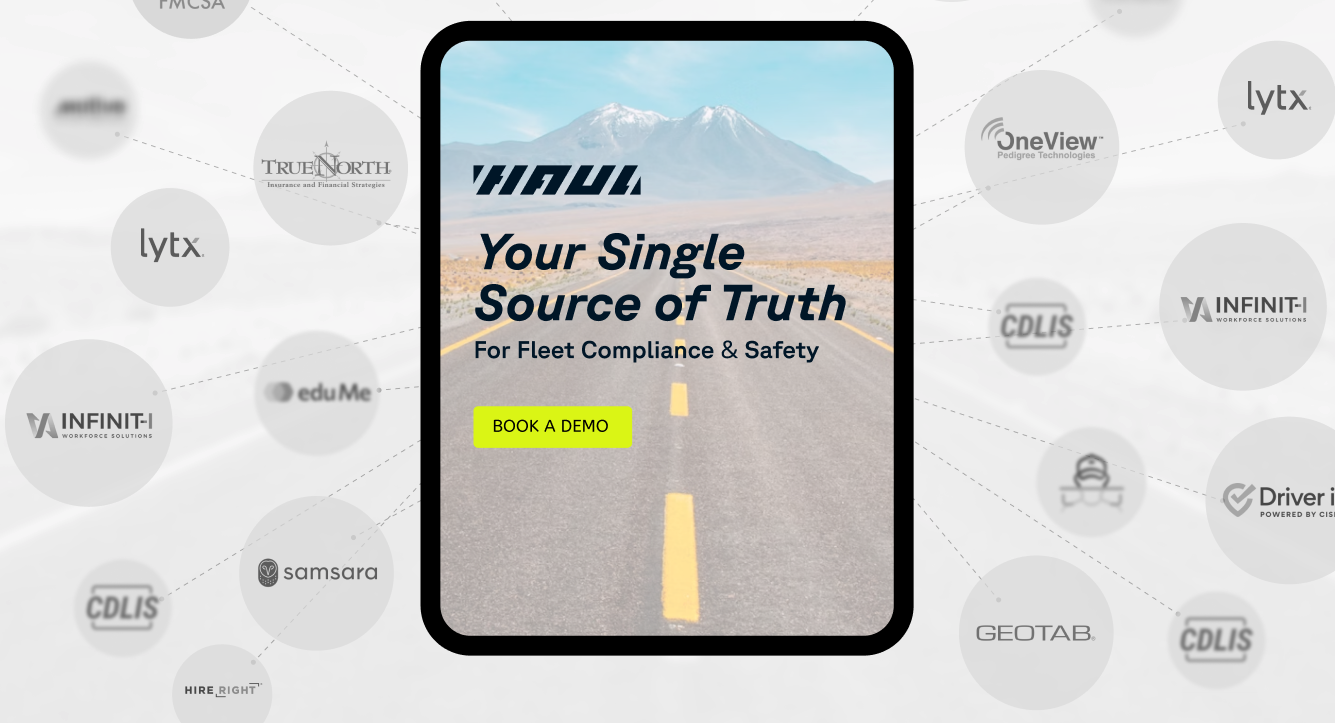Top Box Truck Insurance Options Explained

Navigating the world of commercial fleet insurance can be a daunting task.
Especially when it comes to box trucks, the stakes are high.
Box trucks are a vital part of many businesses, transporting goods across town or across the country.
But with their size and cargo, they also carry significant risks.
That's where box truck insurance comes in.
In this guide, we'll break down the top box truck insurance options, helping you understand what's available and how to choose the best coverage for your fleet.
Understanding Box Truck Insurance
Box truck insurance is a type of commercial vehicle insurance.
It's specifically designed to cover the unique risks associated with operating box trucks.
These risks can include accidents, cargo damage, and liability claims, among others.
Box truck insurance is not a one-size-fits-all solution.
Different policies offer different types of coverage, and the best choice for your fleet will depend on a variety of factors.
Why Box Truck Insurance is Essential
Box trucks are larger and heavier than most other vehicles on the road.
This means they can cause more damage in an accident.
Without proper insurance, the costs associated with such an accident could be devastating for your business.

Types of Box Truck Insurance Coverage
There are several types of coverage that a box truck insurance policy might include.
These can range from liability insurance, which covers damages your truck might cause to others, to physical damage insurance, which covers damage to your own truck.
Other types of coverage might include:
- Cargo insurance, which covers the goods you're transporting
- Non-trucking liability insurance, for when your truck is not under dispatch
- Comprehensive coverage, for non-collision-related damage to your truck
Understanding these different types of coverage is the first step in choosing the right insurance for your box truck fleet.
Key Coverages Explained
Understanding the key coverages in box truck insurance is crucial.
Each type of coverage serves a specific purpose and protects against different types of risks.
Here are some of the most common coverages explained:
- Liability Insurance
- Physical Damage Insurance
- Cargo Insurance
Liability Insurance: Protecting Against Third-Party Claims
Liability insurance is a must-have for any commercial vehicle.
It covers the costs of bodily injury and property damage that your box truck may cause to others in an accident.
Without this coverage, your business could be held financially responsible for these costs.
Physical Damage Insurance: Safeguarding Your Box Truck
Physical damage insurance is another essential coverage.
It covers the costs of repairing or replacing your box truck if it's damaged in an accident, regardless of who's at fault.
This coverage can also protect against damage from events like theft, vandalism, and natural disasters.

Cargo Insurance: Securing the Goods You Transport
Cargo insurance is particularly important for box trucks, which are often used to transport goods.
This coverage protects against the loss or damage of the cargo you're transporting.
Without it, you could be held liable for the full value of the goods if they're damaged or lost while in your care.
Cost Factors for Box Truck Insurance
The cost of box truck insurance can vary widely.
Several factors influence the premium you'll pay.
These include:
- The type and value of the box truck
- The driving history of the drivers
- The amount of coverage you choose
- The deductible you select
- The geographical area where the truck operates
How Driving History and Vehicle Type Affect Your Premium
Your drivers' driving history can significantly impact your insurance premium.
Insurance companies often view drivers with clean records as less risky, leading to lower premiums.
Similarly, the type and value of your box truck can also affect your premium. Newer, more expensive trucks typically cost more to insure.
The Role of Deductibles in Insurance Costs
The deductible you choose plays a crucial role in determining your insurance costs.
A higher deductible usually means a lower premium, but it also means you'll pay more out-of-pocket if you file a claim.
Conversely, a lower deductible results in a higher premium but less out-of-pocket cost when a claim is filed.

Choosing the Right Insurance Provider
Choosing the right insurance provider is crucial for your box truck operations.
You want a company that understands your business and offers the coverages you need.
Here are some factors to consider:
- The company's reputation and financial stability
- The types of coverage they offer
- Their customer service and claims handling process
- Their knowledge and experience in the trucking industry
Comparing Box Truck Insurance Companies
When comparing box truck insurance companies, don't just look at the price.
Consider the coverage they offer and their service quality.
Read reviews and ask for recommendations from other fleet managers.
Best Practices for Obtaining Box Truck Insurance Quotes
When obtaining box truck insurance quotes, be sure to provide accurate information.
This includes details about your drivers, your trucks, and your operations.
Compare quotes from several companies to ensure you're getting the best value.
Leveraging Technology for Efficient Fleet Management
In today's digital age, technology plays a crucial role in fleet management.
It can help you monitor your fleet in real-time, improve driver safety, and reduce operational costs.
Here are some ways you can leverage technology for efficient fleet management:
- Use telematics to track your trucks and monitor driver behavior.
- Implement a fleet management software to streamline operations.
- Use data analytics to make informed decisions.
- Invest in safety technologies like collision avoidance systems.
The Impact of Real-Time Data on Insurance and Safety
Real-time data can have a significant impact on your insurance and safety.
By monitoring your fleet in real-time, you can identify risky driver behaviors and take corrective action.
This can help you reduce accidents, lower your insurance premiums, and improve your safety record.
Moreover, insurance companies may offer discounts for fleets that use telematics and other safety technologies.
Building Strong Partnerships with Insurance Providers
Building strong partnerships with insurance providers is crucial for effective fleet management.
A good relationship with your insurer can lead to better coverage, lower premiums, and faster claims processing.
Moreover, insurance providers can offer valuable advice and resources to help you manage risks and improve safety.
The Value of Transparency and Tailored Insurance Solutions
Transparency is key in any business relationship, including with your insurance provider.
Being open about your fleet operations, risks, and safety measures can help your insurer understand your needs better.
In return, they can provide tailored insurance solutions that offer the best protection for your specific circumstances.

Conclusion: Ensuring Compliance and Safety in Fleet Operations
In conclusion, managing a fleet of box trucks is a complex task that requires a deep understanding of compliance, safety, and risk management.
Choosing the right insurance coverage is a critical part of this process, as it can protect your business from financial losses and ensure the continuity of your operations.
By leveraging technology, building strong partnerships with insurance providers, and fostering a culture of safety, you can effectively manage your fleet and navigate the challenges of the logistics industry.

